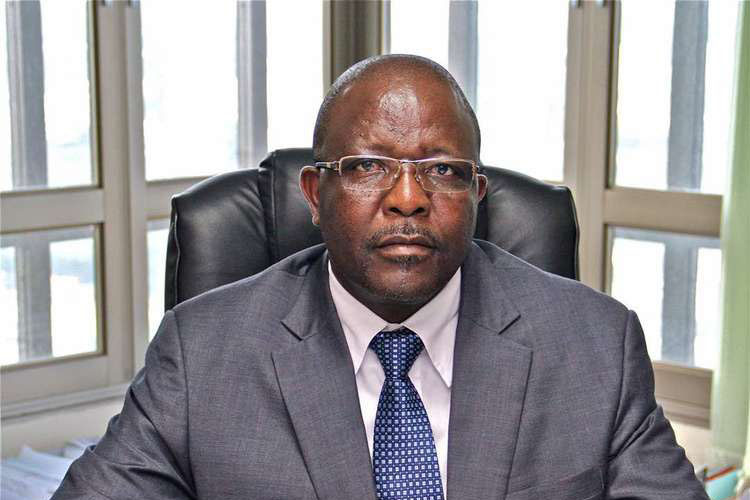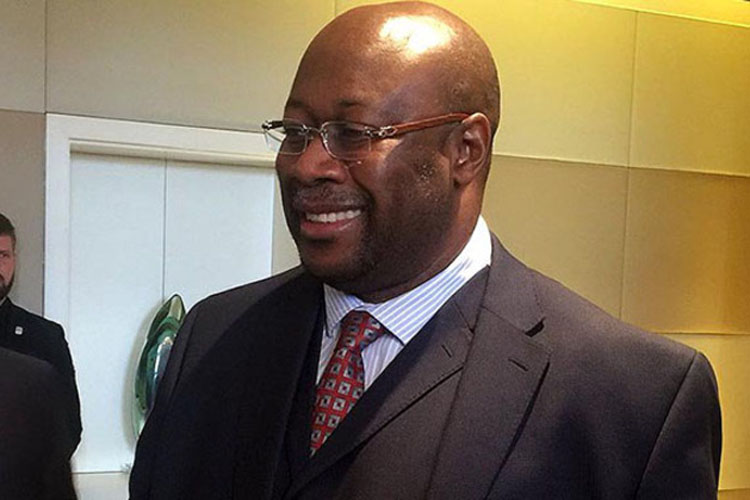
The Sunday Mail

The State-owned Zimbabwe Consolidated Diamond Company has embarked on wholesale post-environmental rehabilitation agriculture projects (Pera) at the Chiadzwa diamond fields.
Pera projects are normally undertaken by mining firms on land they are no longer digging to restore its fertility.
ZCDC’s efforts will see mined out pits converted into fisheries and other aqua- culture projects.
The diamond miner was issued with a special grant for the Chiadzwa concessions which were previously being exploited by Marange Resources, Mbada, Anjin, Jinan, Gye Nyame, DMC, Kusena and DTZ-OZGEO.
The Sunday Mail Business understands the former miners left some land in a state of environmental degradation as they either did not undertake any rehabilitation of mined areas, or lost their claims before they could implement appropriate measures.
Coincidentally, ZCDC was last month forced into a two-week mining hiatus after High Court judge Justice David Mangota found them guilty of mining without an environmental impact assessment certificate in line with Section 97 of the Environmental Management Act. The ruling appeared to have thrown spanners into the miner’s annual target of two million carats (400kg) which are expected to fetch Zimbabwe over US$200 million.
ZCDC chief executive officer Dr Morris Mpofu said the company would still meet its target.
Land degradation has ravaged productive land in Africa. Environmentalists estimate the continent has lost 65 percent of arable, 30 percent of grazing and 20 percent of forestry land to degradation.
Righting the wrongs
In an interview last week, Dr Mpofu said ZCDC was cleaning up the mess left by its predecessors.
“These former mining companies left a legacy of environmental degradation and did not undertake any rehabilitation of mined areas,” said Dr Mpofu.
“Mineral resources are finite and cannot be replaced once mined out, ZCDC attaches significance to the principles of responsible and sustainable mining that promotes environmental rehabilitation to promote economic activity from other sectors after mining.
“ZCDC is conducting post-environmental rehabilitation agriculture projects in which it will sponsor agricultural projects on rehabilitated land in keeping with its environmentally friendly mining model.
“Mined out pits will be converted into fisheries and other aquaculture projects which will support the local community and create economic activity that will be sustained long after mining activities.
“ZCDC is working on funding horticultural projects along a 20km water pipeline for villagers to do market gardening projects. ZCDC will also provide value chain support by providing a market for agricultural produce produced by the local community.
“Reclaimed mined out areas will also be reserved for wildlife facilities such as game parks. In other countries the land surrounding the diamond mines is used for wildlife recreational facilities.”
The projects, sources in Government have said, “will soon be commissioned” together with the US$32 million mining equipment procured from Belarus.
The miner will take delivery of more equipment that will be used in transitioning from alluvial to conglomerate mining.
Environmental Management Agency spokesperson Mr Steady Kangata told this publication that former miners at Chiadzwa diamond fields were doing alluvial mining which causes much degradation, but ZCDC had committed to rehabilitating everything in their environmental impact assessment application.
“The five former miners who were actively mining in the area were doing alluvial mining which is generally done on the top soil and involves a lot of degradation. So the new miner has promised to work on the destruction that was done,” said Mr Kangata.
While working on the modalities of the Pera projects, ZCDC has already started work on putting the mined out land to good use.
“Tree plantation projects have already began spearheaded by ZCDC’s Plant a Tree campaign under its safety, health and environment policy.
“Borehole drilling and rehabilitation programmes to support local agriculture and provide clean water supply to the local community (are being implemented). We are also backfilling mined out pits and gullies left open by previous miners (as well as) creating partnerships with locals on nursery projects for use during the re-vegetation of the mined out areas,” said Dr Mpofu.





